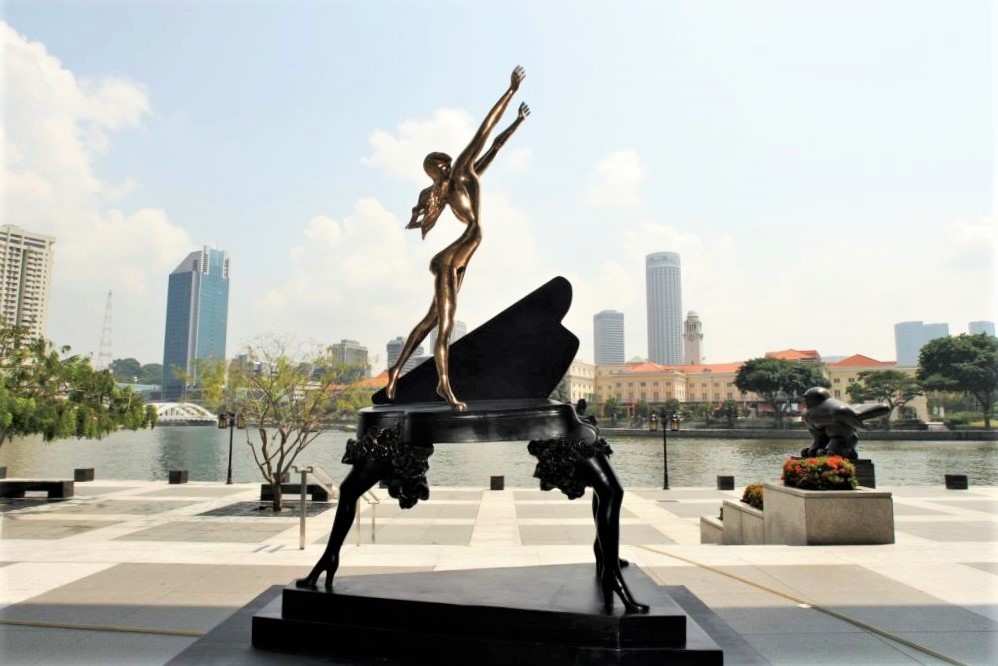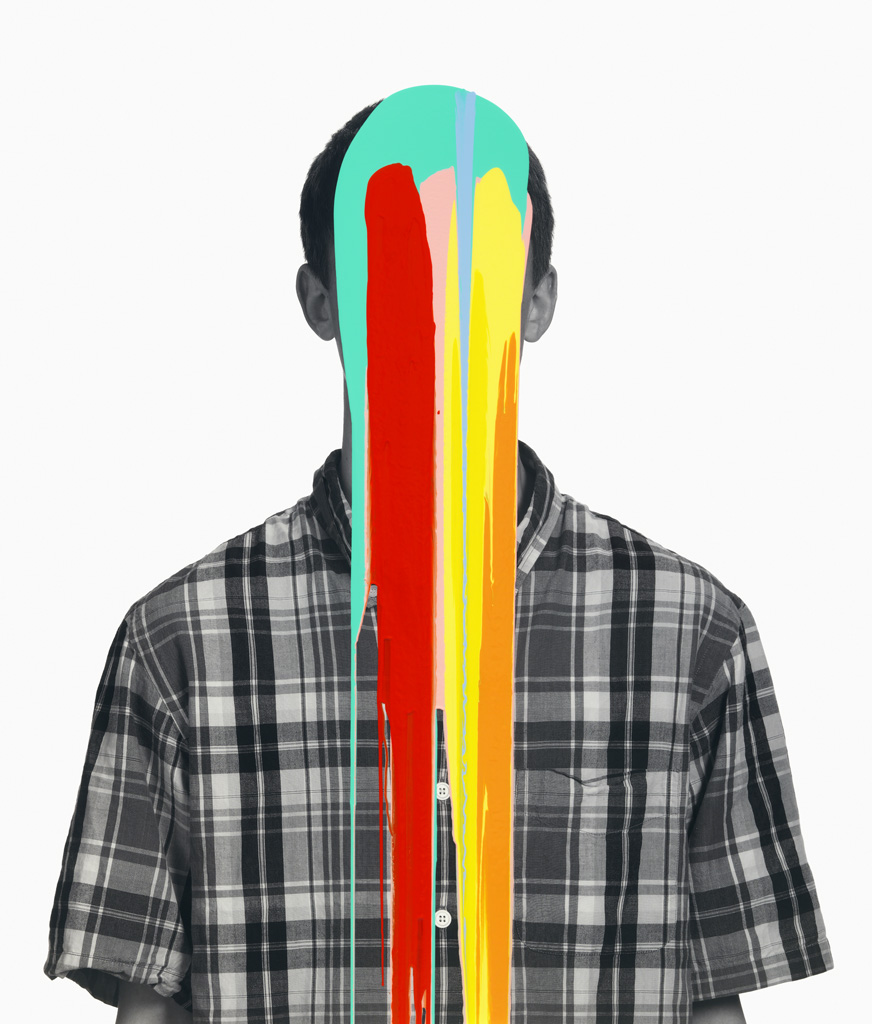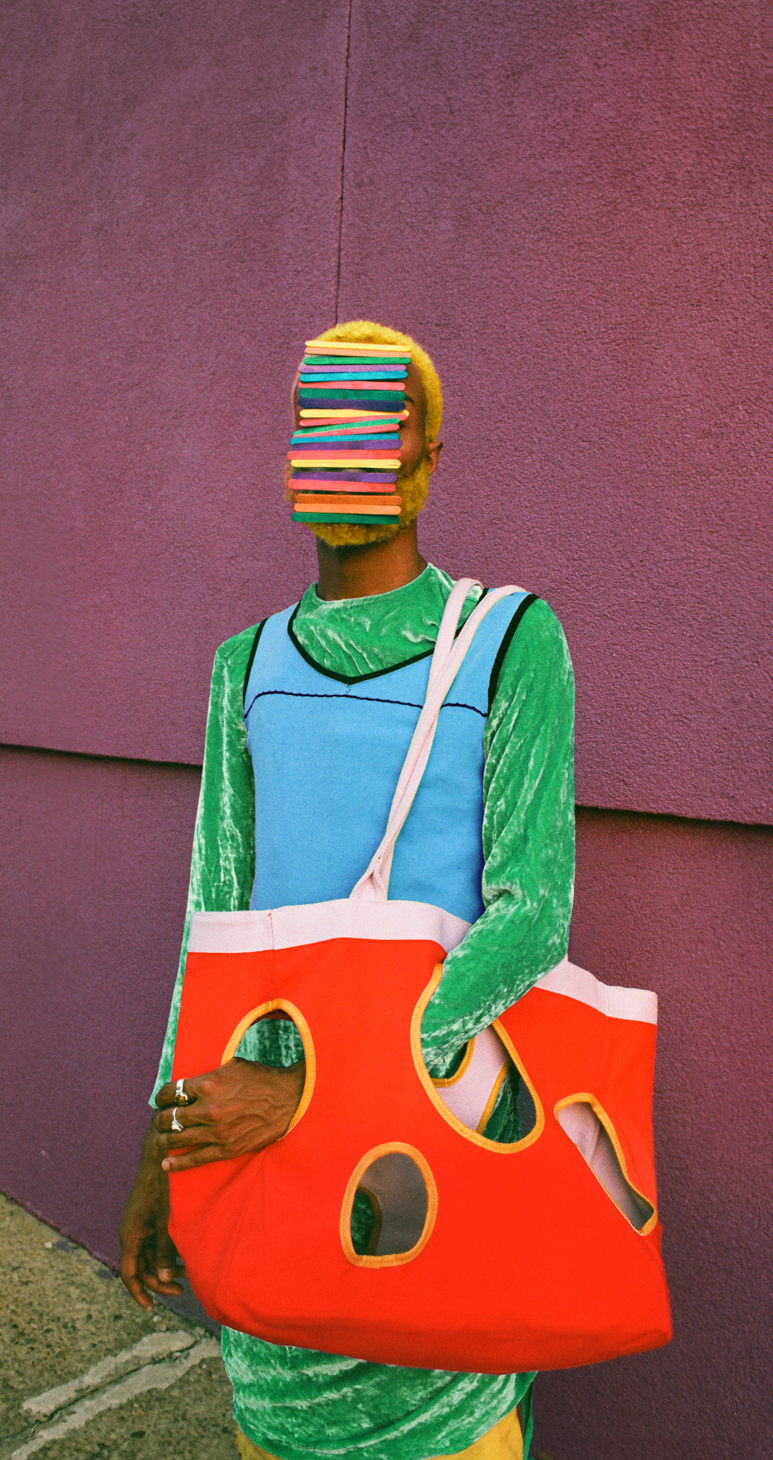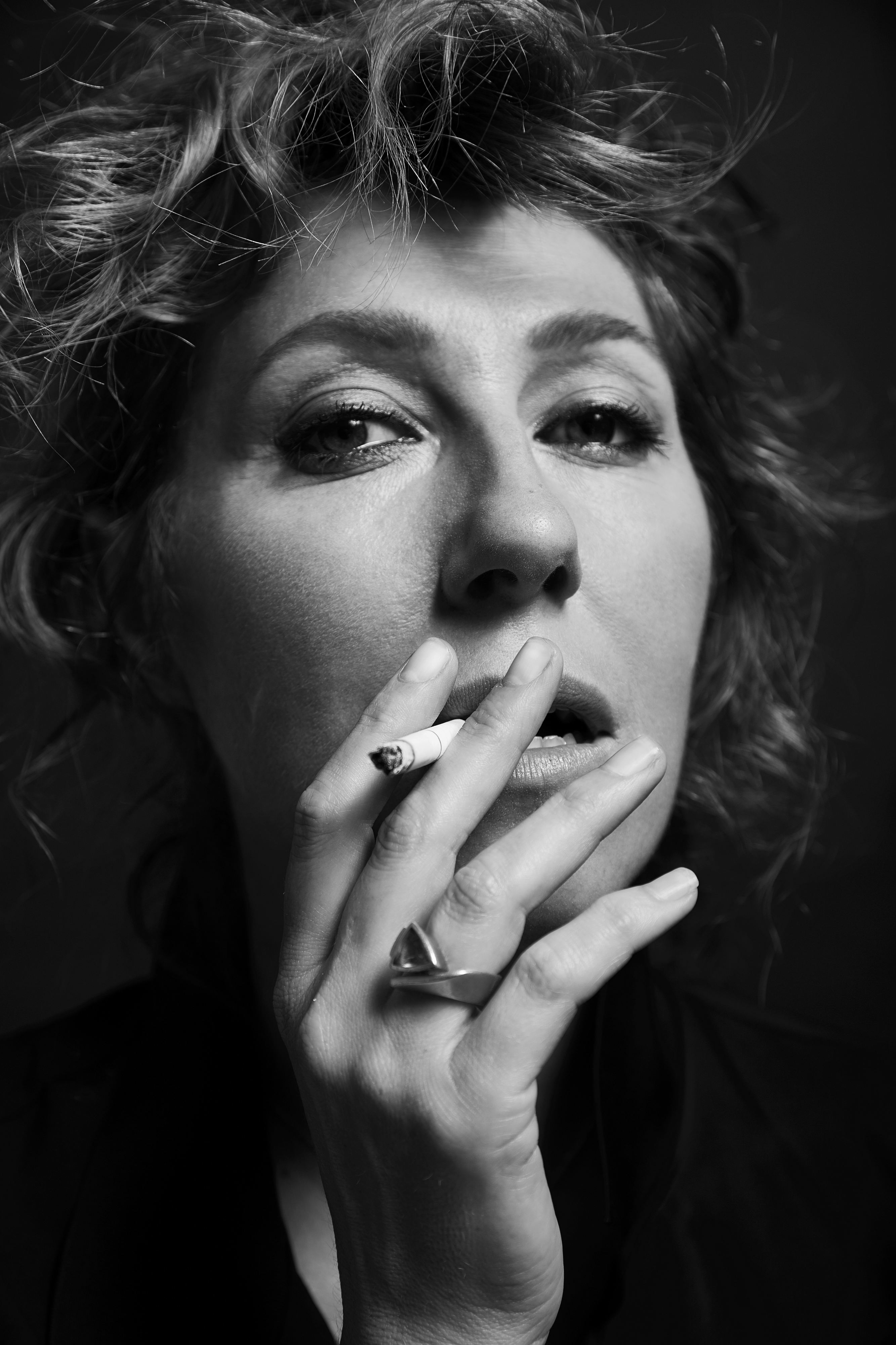-
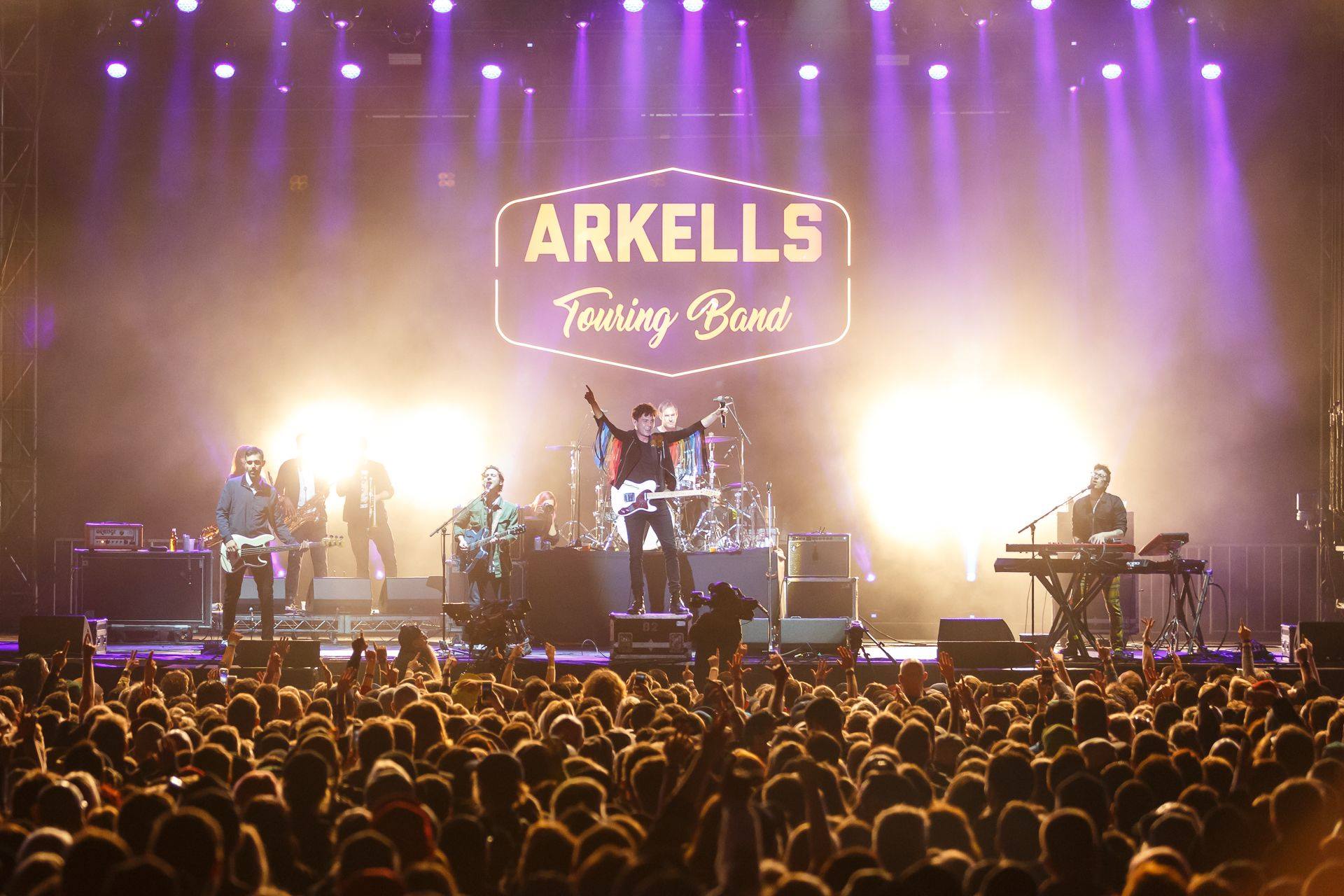
The Arkells at the Skookum music festival in Stanley Park.
Photo via Skookum Facebook page.
-
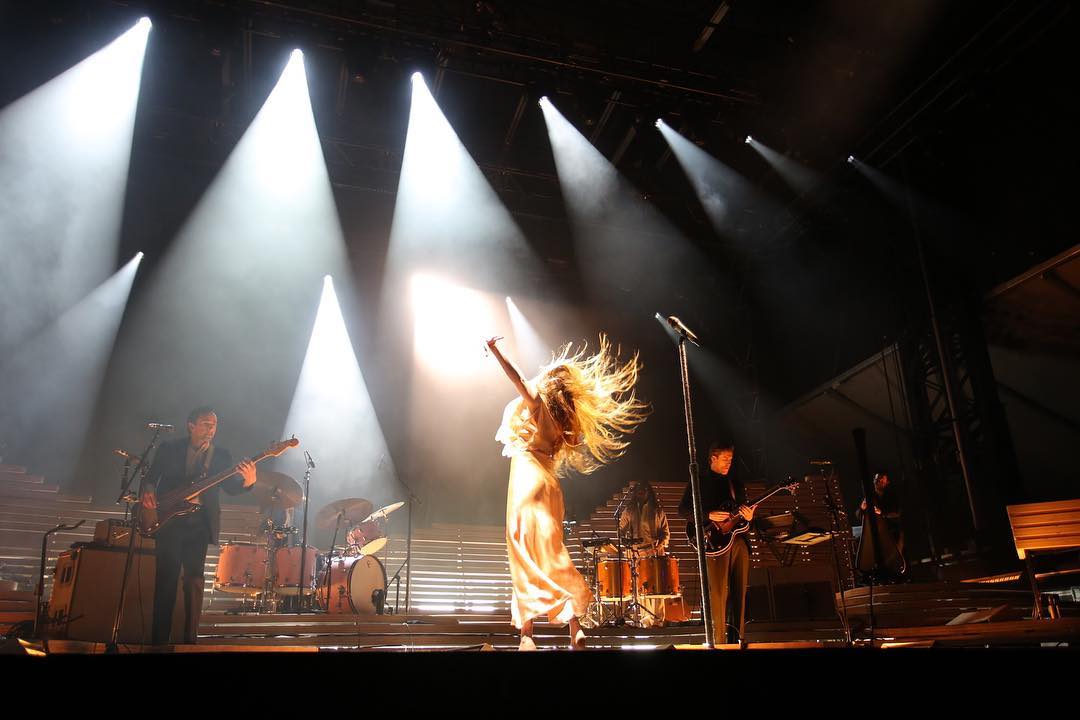
Florence + the Machine at Skookum.
Photo via Skookum Facebook page.
-
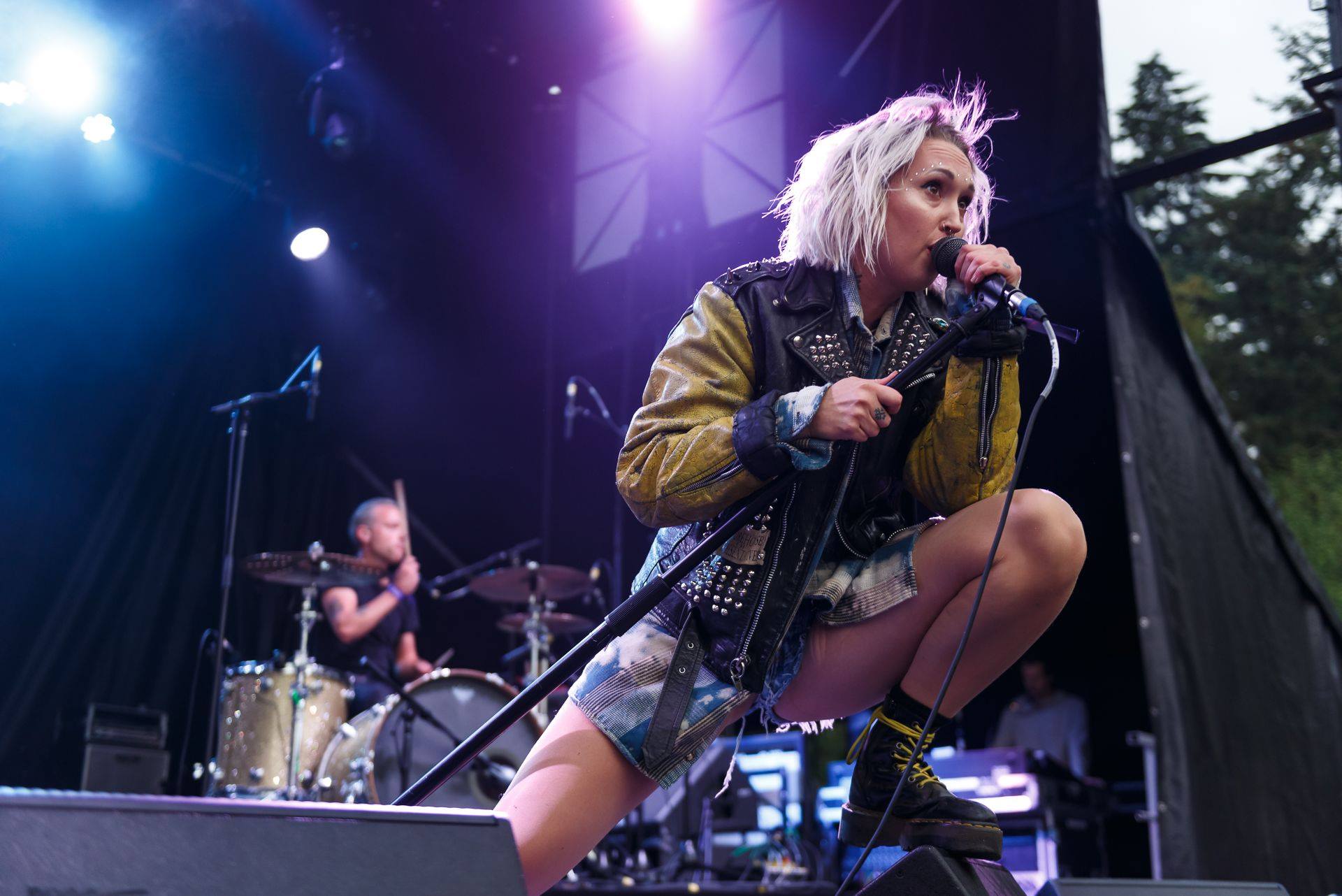
Little Destroyer at Skookum.
Photo via Skookum Facebook page.
-
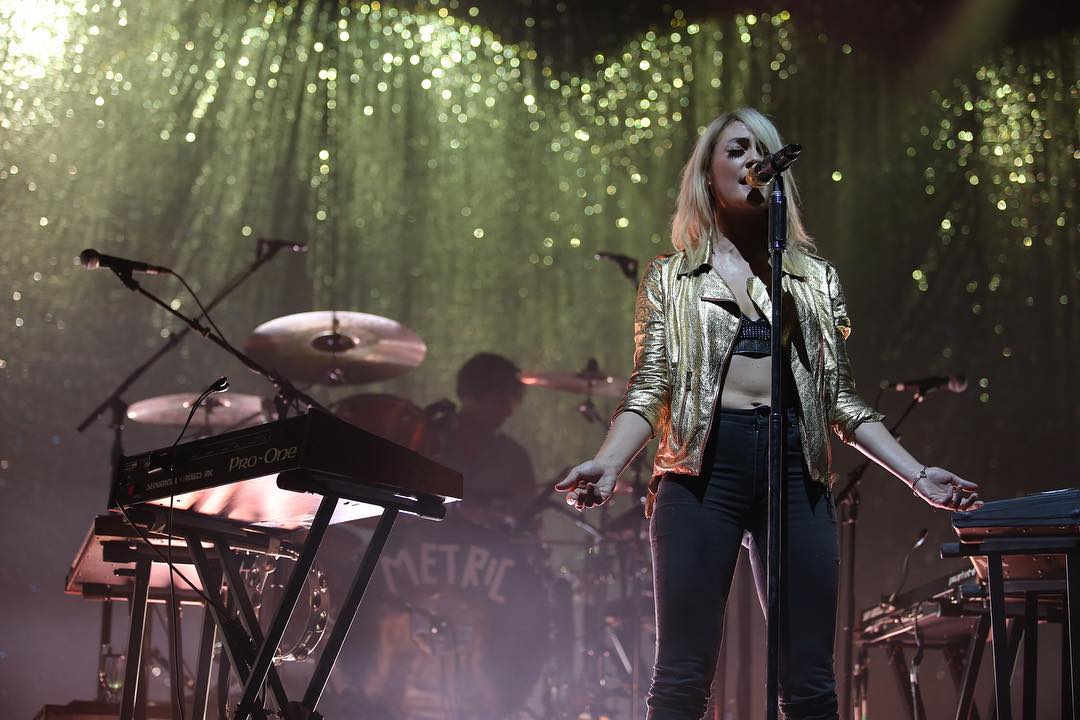
Metric at Skookum.
Photo via Skookum Facebook page.
-
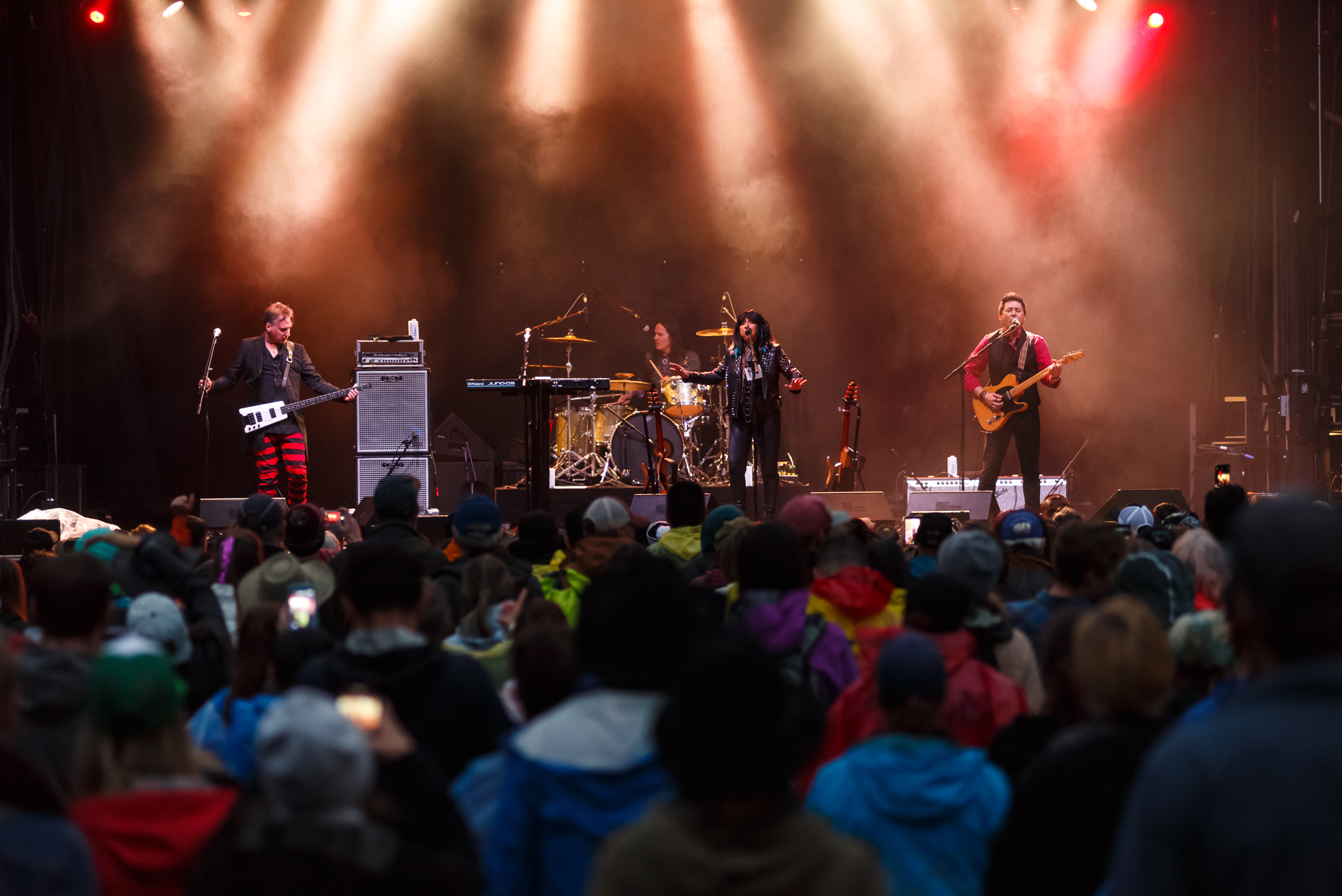
Buffy Sainte-Marie at Skookum.
-

Photo via Skookum Facebook page.
-
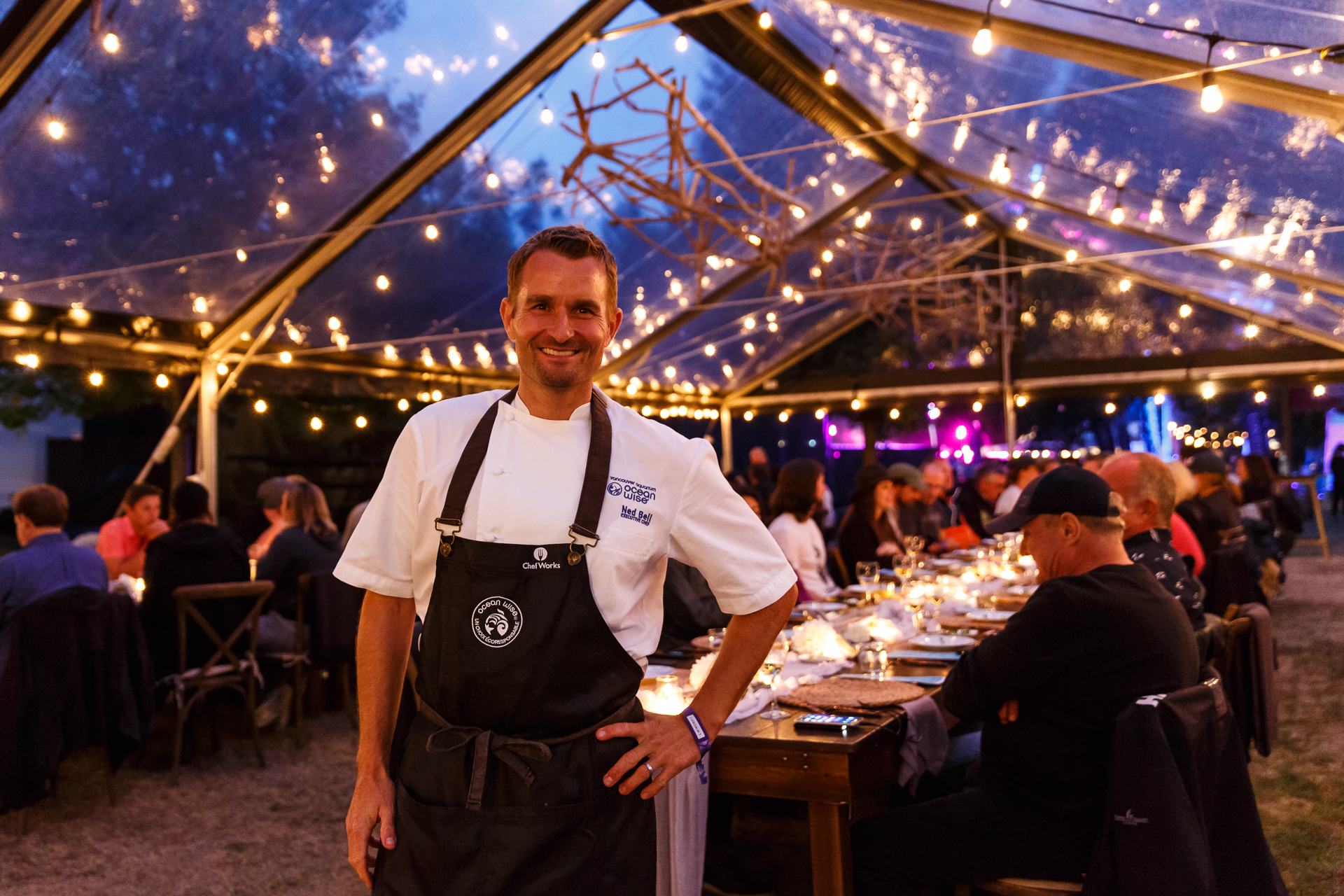
Ocean Wise executive chef Ned Bell hosted one of the long table dinners.
Skookum Music Festival, Vancouver
The Stanley Park–set festival’s first year.
Over the weekend of September 7 to 9, Vancouver’s Stanley Park became a pulsating hub of music, art, and food, drawing upwards of 15,000 guests each day for the inaugural Skookum festival. Florence + the Machine and the Killers, Metric and the Arkells, Said the Whale and the Zolas—just over 50 musical acts from near and far played across four stages enveloped by cedars and firs and against backdrops of the North Shore mountains and downtown’s glass silhouette, only minutes away.
New York has the Governor’s Ball; Chicago, Lollapalooza; Austin, Austin City Limits—but this kind of event is somewhat of a new endeavour in Vancouver, a multi-day festival showcasing world-class talent mere minutes from the city centre. At the very least, attendees need not trudge back to tents, glamping or otherwise.
“It’s not that 18- to 30-year-old ‘party, party’ camping culture kind of crowd, necessarily,” says festival director Paul Runnals, partner and senior vice-president of Brandlive, producers of Skookum. Indeed, VIP ticket-holders, the average age for which was 46, luxuriated in the main stages’ performances from raised lounges, complete with exclusive washroom facilities, wine tastings, culinary options, and chair massages. “The idea of being able to have that festival experience and still sleep in your own bed at the end of the night is very appealing to people.”
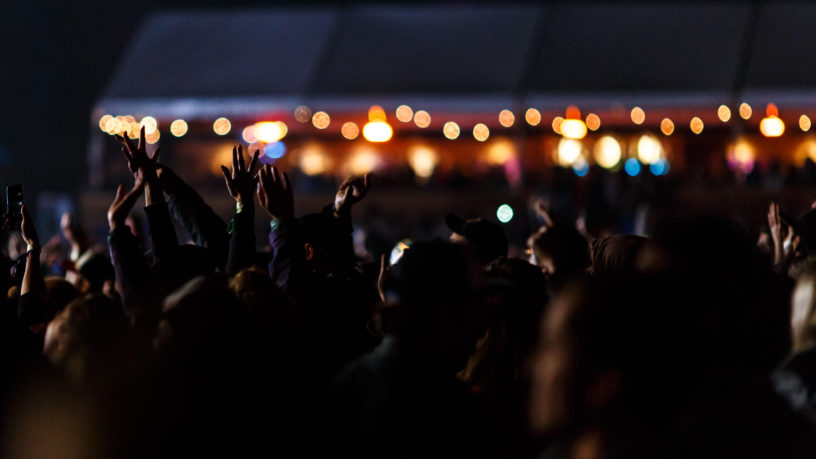
Vancouver’s famed green space first called to Runnals in 2012 while he was overseeing a Stanley Park–set fundraising gala featuring Sarah McLaughlan and Bryan Adams. At the time, Brandlive had their hands full producing Squamish Valley Music Festival, the now defunct festival that drew acts like Sam Smith, Bruno Mars, and Drake to British Columbia’s sea-to-sky setting. But costs of campsite constructions and the like add up, so once Squamish was decidedly over in 2016, Runnals and his team approached the Vancouver Park Board and Musqueam, Squamish, and Tsleil-Waututh nations with the idea for a city-based festival, eventually detailing everything from the scale of the festival to its name.
Whatever groovy connotation it may have taken on over the decades, the word skookum, meaning strong and fierce, big and reliable, originated from traditional trade jargon between the First Nations and early settlers throughout the Pacific Northwest. As a connecting point between cultures, Runnals considers the name a metaphor for the festival, and with approval from the nations, the festival was christened.
“One of the conversations we had right from the beginning was talking with the Musqueam, Squamish, and Tsleil-Waututh nations about finding meaningful ways for inclusion and involvement,” Runnals says. Informational pillars on the festival grounds were dedicated to the nations’ histories and current affairs, while over a quarter of the weekend’s musical acts were Indigenous artists from across the continent, including Juno Award winners William Prince and Buffy Sainte-Marie. A particularly poignant touch put a giant Snakes and Ladders–style board game called Sínulhkay & Ladders by Squamish communications scholar Michelle Lorna Nahanee, teaching decolonization practices through gameplay atop the festival’s Art Pavilion, a towering mural-trimmed installation acting as an art gallery of sorts.
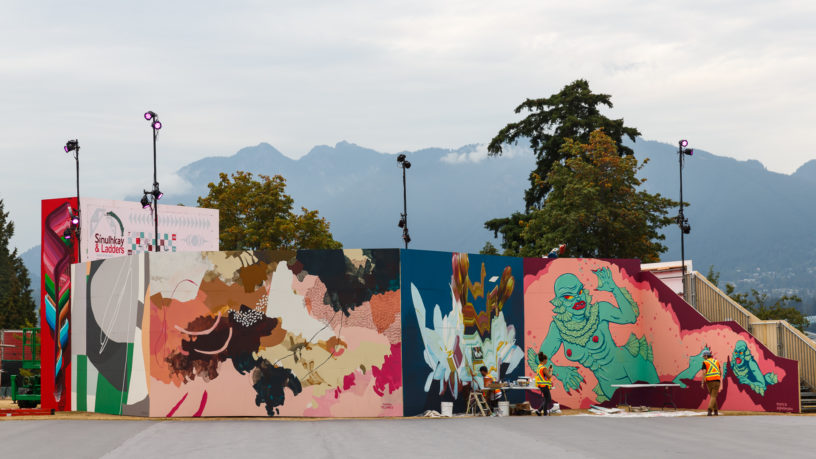
The festival’s Art Pavilion.
“This is a festival, not just a concert in the park,” Runnals says. “We want that immersive experience—we don’t want it to be that when the music ends the atmosphere drains away.” One was hard-pressed to find downtime between sets, but for those rare moments, hammocks and firepits made fun gathering spots. And after the music ended each night, the festival spirit spilled downtown with the After Dark series hosting intimate performances and parties at locales like the Railway Club, the Rickshaw Theatre, and Chambar.
Back on site, along with a selection of food trucks, a stunning roster of Vancouver’s acclaimed gastronomic destinations served festival-friendly fare—think beef and lamb kabob “corn dogs” from Vij’s, grilled oysters from Collette, Robert Belchlam’s famous Monarch Burger) while Honey Salt was among those who filled picnic baskets with watermelon salad and roast beef sliders. For the utmost in leisurely dining, Skookum’s long table series saw wine-paired dinners from local culinary stars. Chefs JC Poirier of St. Lawrence and Joel Watanabe of Kissa Tanto, for instance, collaborated on a meal starring slow-cooked salmon with puff pastry and ribeye with Bordelaise sauce, presented in tents tucked beneath Stanley Park’s natural arboreal shelter.
Over the course of their set, Vancouver-based indie rock band Said the Whale consistently expressed awe at playing in the city’s iconic setting, whose environment lent itself beautifully to all kinds of performances—be it Winnipeg singer-songwriter William Prince’s tender solo acoustic set amidst, the ethereal wonder of fairy-like rocker Florence Welch, or the Killers’ jubilant arena anthems complete with explosive confetti cannons as a weekend finale. Though lineups may vary over the years to come (event organizers are looking into bringing the festival back for 2019), the undeniable privilege of gathering in a realm straddling city and nature will remain unchanged.
_________
Never miss a story. Sign up for NUVO’s weekly newsletter, here.





